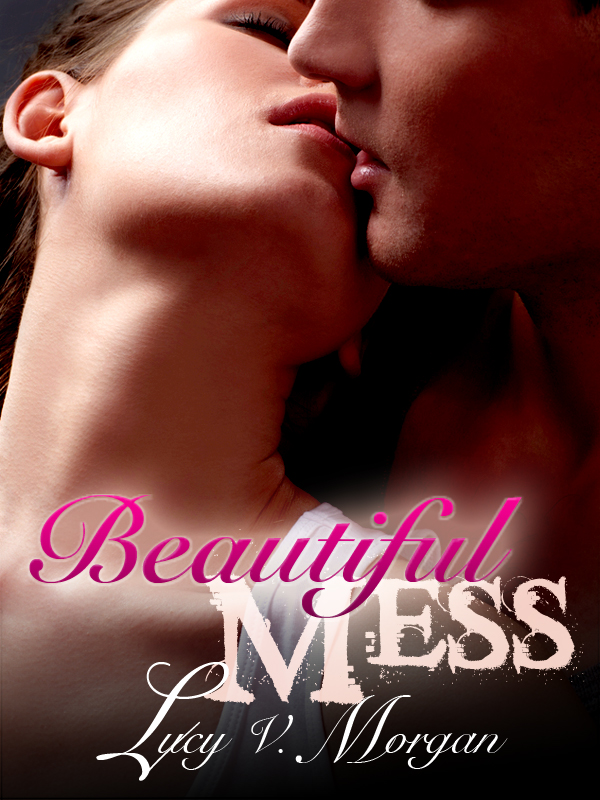“Sometimes, a story can take a life of its own and lead the author down a path he or she least expected.”
I’m sure nearly every writer has heard some variation on this thought. The theory behind it is a simple one (a good one, even): we’re not just wordsmiths, we’re creators of entire universes, populated with characters so vivid that they could drive the stories on their own. They live and breath in a world of our making, plucked from our imaginations. It’s what we hope to achieve when we set ourselves before a computer (or tablet/iPhone/pad of paper/whatever).
I’m pretty sure that I’ve even given this advice in the past because it’s so noble a goal. But there’s such a thing as taking it too far. Your characters do not dictate the flow of the story; you do. (I bolded that because it’s important to keep in mind.) There is no such thing as freewill when it comes to your stories. You’ve got some say in the matter. You are, after all, writing it. If you don’t want Scott running away with the maid, then don’t let Scott run away with the maid!
Here’s the rub: you can’t force it. There has to be a balance between your carefully structured plot and how your characters navigate it. If you (via your characters) keep getting pulled down a particular avenue that wasn’t intended, then you probably need to analyze your characters. Most likely, there’s a good reason for the draw. Why does Scott want the maid over the flawed yet beautiful Genevieve? The answer lies in how you’ve written Scott.
I wrote a 45k novella in which I “was true to my characters.” But in the end, I neither liked the story I told nor the character I wrote, and when I wanted to force a happy ending, it felt forced (shocking, I know). Hindsight being what it is, I should have paused as soon as things started to spiral out of my control and asked myself: why are we headed in this direction? The fix wouldn’t have been to simply course correct the plot. It would have required me to readjust the motivations and actions of the characters. And it would have been a small amount of work then, rather than the daunting task of a complete rewrite I have now.
It’s a fine line, for sure. You want your characters to thrive and mingle and play and have thoughts of their own. One of the most pleasant things about writing are these little surprises along the way. But you also need to mind the story you intend to tell. You’re not the historian of your imagined world; you’re its creator.
